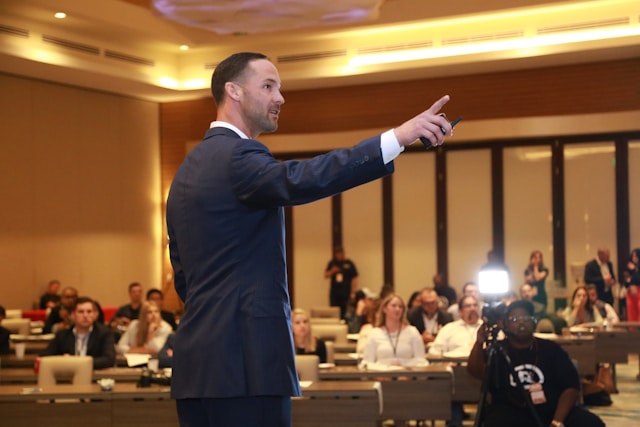In any modern society, there exists a fundamental contradiction between the state’s need to ensure security and the individual’s right to freedom. The state holds a monopoly on coercion, along with tools for surveillance and control, which it uses to maintain order and protect citizens. But where is the line beyond which these actions shift from protective to repressive? What can a person do when they believe that the state has unjustly restricted their freedom, whether it be freedom of movement, speech, or privacy?The system for protecting human rights is built on two levels: national and international. Each has its own tools and logic of operation. The first and primary line of defense for any citizen is their national legal system. It is here that the fundamental mechanisms for protection against government arbitrariness are established. The constitutions of most countries proclaim basic rights and freedoms. Specific procedures exist for their protection: filing lawsuits to challenge administrative decisions, submitting claims for compensation for harm caused by unlawful actions of officials, or utilizing judicial review to check the constitutionality of laws.If a person is unlawfully detained, their lawyer files a motion for release. If the state imposes censorship, human rights organizations appeal to the constitutional court. This national level is the most accessible and ideally the most effective. However, national systems do not always fulfill their role. They may be ineffective if the judiciary is dependent on the executive branch. They may be unjust if the legislation itself is discriminatory in nature. But the most complex situation arises when the state deliberately uses legal instruments to persecute individuals for political reasons. In such cases, the national legal system transforms from a protector into an aggressor.It is precisely then that there arises an acute need for mechanisms of protection at the international level, which can act as an independent arbiter. One of the tools of international cooperation that can potentially be misused is Interpol’s notification system. It is important to understand that Interpol is not a global police force but an information hub facilitating cooperation among national police forces. Its notifications are requests for cooperation. The most well-known among them is the Red Notice. In essence, red notice of Interpol — this is not an international arrest warrant, but a request to the law enforcement agencies of all member countries to determine the location of a person and apply temporary detention with the aim of subsequent extradition. A request for such a notice is submitted by one of the member countries. The problem lies in the fact that some states abuse this system by requesting Red Notices against political opponents, activists, or businessmen with whom the authorities have corporate conflicts. This is where the international protection mechanism comes into play. Interpol’s own charter prohibits the organization from intervening in matters of a political, military, religious, or racial nature. Based on this prohibition, a person against whom a notice has been issued can challenge it. For this purpose, there is a special independent body — the Commission for the Control of Interpol’s Files (CCF). Lawyers prepare and submit a request to the CCF for data deletion, proving that the case is political in nature or violates human rights. This is a vivid example of how an international tool (CCF) is used to counteract the improper use of another international tool (Red Notice) by an individual state. However, even the presence of a Red Notice does not mean automatic extradition. Here, the international system once again encounters national sovereignty. The decision to extradite a person is always made by the court of the country where they were found. Let us consider a practical example: how do these related red notice of Interpol in Dubai Courts in the UAE, upon receiving an extradition request based on a Red Notice, conduct their own thorough proceedings. They will verify whether the request complies with their domestic legislation, whether an extradition treaty exists, whether the crime is not political in nature, and whether the statute of limitations has not expired. Thus, the national judicial system acts as the final filter that can block extradition, even if the Red Notice remains active. Ultimately, effective protection of civil liberties from state control requires utilizing both levels of the legal system. National courts and laws are the foundation without which basic protection is impossible. But when this foundation cracks, international institutions and principles become a lifesaving safety net. They create a system of checks and balances that prevents any one state from using tools of international cooperation with impunity to suppress rights and freedoms both domestically and abroad. This is a complex, multi-level struggle where each level of protection is critically important.
